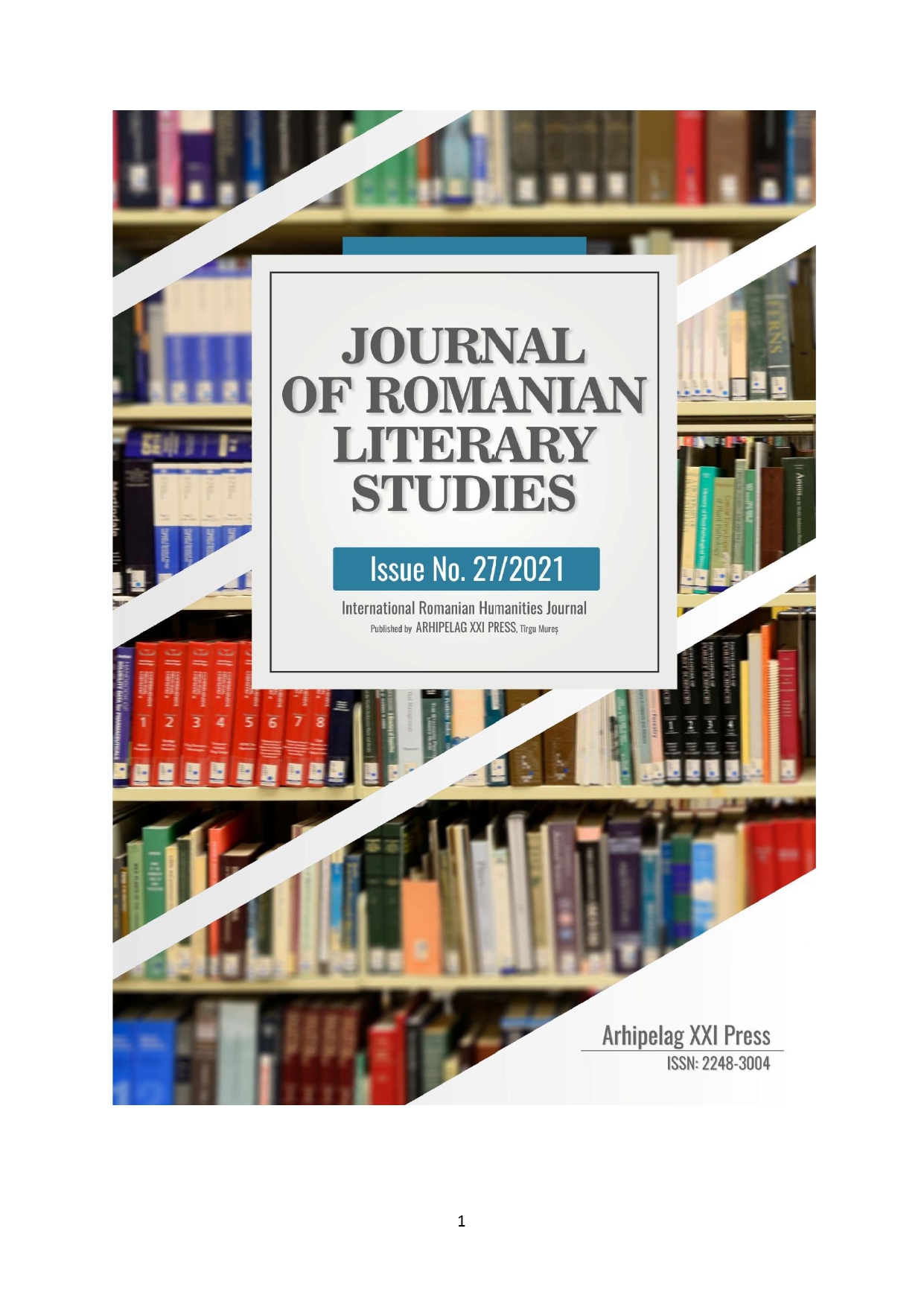CONCEDIUL DE ODIHNĂ-FORMĂ A TIMPULUI LIBER
HOLIDAY LEAVE-FORM OF FREE TIME
Author(s): Ioan MicleSubject(s): History of Law, Human Rights and Humanitarian Law, Sociology of Law, Labour and Social Security Law
Published by: Editura Arhipelag XXI
Keywords: working time; leisure time; rest leave; scheduling; holiday allowance;
Summary/Abstract: In essence, in the first period, that of industrialization, the employees were concerned with ensuring the time necessary for the recovery of the labor force; later, during the period of economic growth (in the sixth and seventh decades of the last century) their interest was more focused on leisure (in the sense of recreational activities), while in the last two decades of the same century, as in the present, emphasis has been placed on the flexibility of organizing working time. In this context, the types of employment contracts diversified and gained ground and part-time work and other forms of working time organization. The reduction in normal working time has led to and often leads to an increase in the number of overtime hours. However, overtime is usually paid at a higher level - compared to normal working hours - which, together with other factors, has a surprising effect: overtime pay is more expensive than recruiting and hiring additional staff. The debate over the effects of reduced working hours is extremely serious worldwide. However, it is clear that the reduction in working time, applied as a single measure, does not prevent long-term unemployment. To achieve this goal, correlated measures are required on several levels, with special emphasis on dialogue between the social partners. The International Labor Organization can be the forum for reviving the debate on the correlation between work and leisure time. The aim would be to analyze and extend positive practices. Simultaneously with the reduction of working time, the last decades of the last century have brought with them, as a novelty, long paid leave and sabbatical leave (paid leave for professional training, scientific research, granted after a period of work, usually for seven years). But neither long-term leave nor the extension of other forms of leave- paid or unpaid - have had obvious favorable consequences for job creation. Romania's membership in the European Union also implies the direct application of certain rules regarding working time and rest for certain categories of employees. Thus, Regulation (C.E.) no. 561/2006 on the harmonization of certain provisions in the social field regarding road transport, amending Regulation (C.E.E.) no. 3821/85 and Regulation (C.E.) no. 2135/98, repealing Regulation (C.E.E.) no. 3820/85 or road transport operations which are the subject of the European Agreement concerning the activity of the crews of vehicles engaged in international road transport (A.E.T.P.R.).
Journal: Journal of Romanian Literary Studies
- Issue Year: 2021
- Issue No: 27
- Page Range: 276-287
- Page Count: 12
- Language: Romanian

